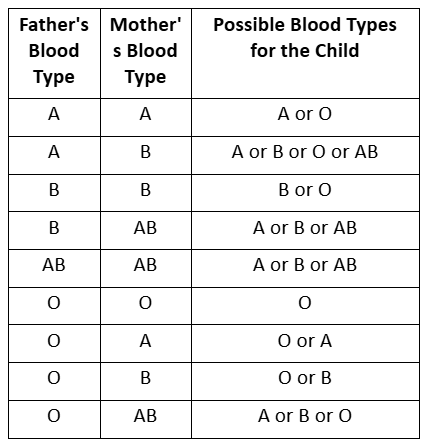
Significance of Rare Blood Types
ABO SYSTEM:
This system categorizes blood based on the presence of Antigen A and Antigen B on red blood cells, with the following distribution:
- Blood type A: about 24%
- Blood type B: about 34%
- Blood type O: about 38% (the most common)
- Blood type AB: about 8% (the least common)
-
Rh SYSTEM:
This classification is based on the presence of Antigen D on red blood cells, divided into:
- Rh-Positive: Individuals with Antigen D present on their red blood cells (commonly found).
- Rh-Negative: Individuals lacking Antigen D, which occurs in only about 15% of white individuals and is very rare in Thailand, affecting just 3 out of 1,000 people. This group is considered to have “rare blood types” or “special blood types.”
-
Importance of Rare Blood Types
In medical situations that require blood transfusions, individuals with Rh-Negative blood must receive Rh-Negative blood to avoid stimulating the immune system to produce antibodies that attack Antigen D on red blood cells.
In emergencies, an Rh-Negative individual can receive Rh-Positive blood only once. If they receive it again, their immune system may generate antibodies that destroy any red blood cells containing Antigen D.
Antigen D and Associated Risks
Precautions for Mothers with Rh-Negative Blood Type
If a mother has Rh-Negative blood and the father has Rh-Positive blood, the following precautions should be considered:
- In the first pregnancy, if the baby has Rh-Positive blood like the father, there is a high risk that the baby’s red blood cells will enter the mother’s bloodstream during placental separation. This will prompt the mother’s immune system to produce Antibody D against the Antigen D on the baby’s red blood cells. The first child in this pregnancy will be safe.
- In the second pregnancy, if the baby is Rh-Negative like the mother, the baby will be safe. However, if the baby is Rh-Positive like the father, a dangerous situation can arise because the mother has already produced Antibody D from the first pregnancy. This antibody can attack the red blood cells of the second child, potentially leading to jaundice and, in severe cases, death.
“Therefore, women with Rh-Negative blood should consult a doctor to plan ahead for pregnancy and take preventive measures to avoid harm to the fetus.”
Possible ABO Blood Type Inheritance Patterns of Parents and Child


 English
English